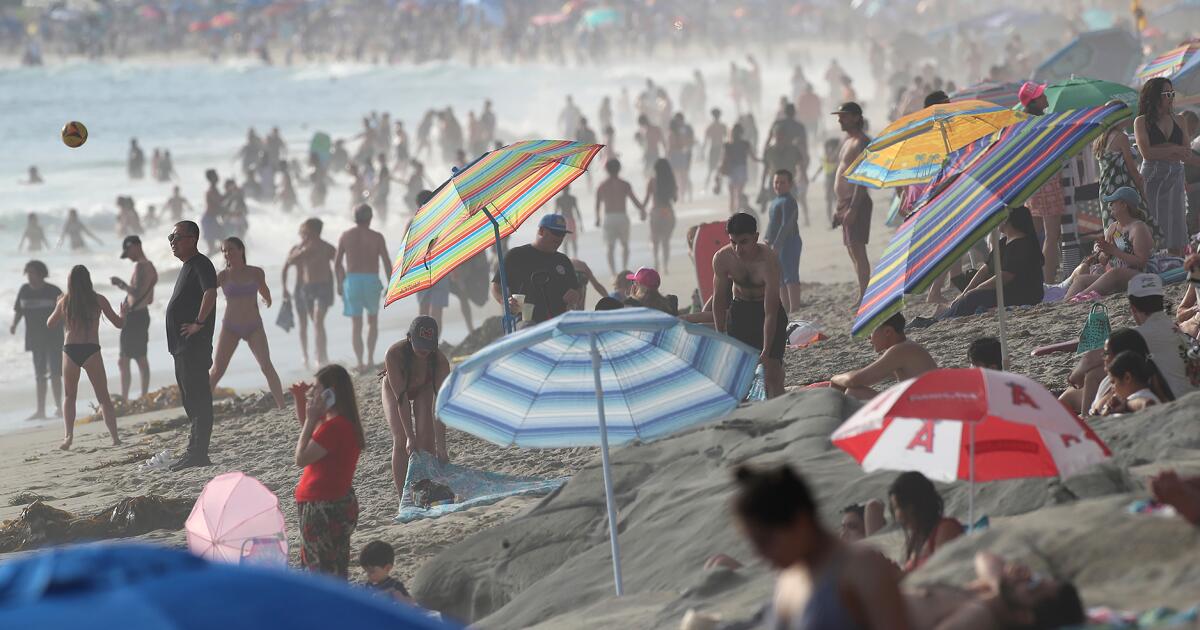World
The world is fast approaching a nuclear tipping point

In 2018, President Trump withdrew the US from the agreement, claiming it was “a horrible one-sided deal … that didn’t bring peace and never will”. In retaliation, Iran resumed its nuclear activities. Within two years Tehran had cut in half the time needed to produce enough weapons-grade fuel for a nuclear bomb. David Albright, president of the US Institute for Science and International Security recently assessed that “Iran can make a crude nuclear explosive in about six months, would need a year to build a semi-reliable [nuclear] warhead…and about two years to have a fully developed nuclear weapons production complex”. The events of the last few weeks will have prompted Iran to accelerate this timetable even further.
This faces Israel with a genuinely existential threat. If Iran managed to get even one nuclear weapon, that could spark a nuclear holocaust. A nuclear-armed Iran would also have devastating consequences for nuclear non-proliferation. Saudi Arabia has long made clear that it would immediately seek to develop a nuclear weapon capacity of its own, probably aided and abetted by nuclear-armed Pakistan. To have three nuclear weapon states (Israel has been an undeclared nuclear weapon state for decades) in the world’s most volatile region increases the chances of a nuclear war by several orders of magnitude.
That is why some are wondering whether Israel’s retaliatory strike will focus on Iran’s nuclear arms manufacturing infrastructure. It would make logical sense. But it bears repeating that there are very real military and political difficulties in doing so.
Iran has taken good care to keep its nuclear enrichment facilities deep underground, where even the most penetrative bunker-busting bombs could struggle to have an impact. Then there is the political cost of such a move. An attack like this, even if unsuccessful, would certainly prompt a further Iranian response directly and through its proxies in the “ring of fire” around Israel. This would include the extremely well-armed Lebanese Hezbollah who have been carrying out daily skirmishes with Israel during the latter’s war with Hamas. Amid such an attack, with missiles fired from Lebanon, Yemen, Iraq, and Syria, could Israel’s Iron Dome once again keep over 90% of the projectiles at bay? Regardless, it would risk a region-wide war.
Whilst this apocalyptical scenario may not materialise, it is vital to remember at moments like this that we have sleepwalked into disaster before. Ultimately, bombing Iran’s nuclear facilities risks serious escalation. But allowing Iran to develop a nuclear bomb leads to a geopolitical disaster. As we approach a nuclear tipping point, the stakes have rarely been higher.
Sir Ivor Roberts is a former British ambassador









